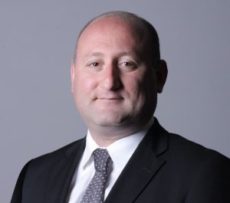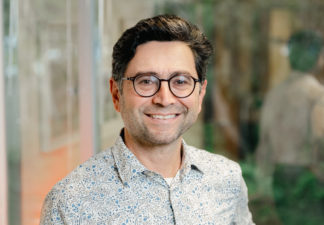By Lara Setrakian
This is a time of immense hope for Syrians. Many are celebrating and will continue to rejoice at the fall of Bashar Assad.
They are entitled to their euphoria, along with a deep sense of relief. Hundreds of thousands of people died either fighting Assad’s rule or fighting to defend it, with people on both sides irreparably scarred by one man’s addiction to power. Millions of good people lost their homes or were forced to live in exile, separated from their families and afraid to return. When the prison gates were opened at Sednaya and thousands of Syrians stepped out into the sunlight — many having long been brutalized and presumed dead — it was symbolic of the country’s new life.
But there are also scores of Syrians, even outside the fading circle of regime loyalists, who are worried about what comes next. On the battlefield, the Syrian civil war was won by an array of militant groups, dominated by Hayat Tahrir Al-Sham. This group is a coalition of factions that range from conservative to ultraconservative. HTS was formed a decade ago as Jabhat Al-Nusra, one of the many militias that were popping up across northern Syria. They were startup organizations in the dozens, all competing to prove their credentials. Syrians would joke about the rookie fighters growing out their beards to look more authentic in their brigade formation videos — effectively fundamentalist commercials that were uploaded to YouTube in the hope of attracting funds from conservative patrons abroad.
Among these groups, Jabhat Al-Nusra was always one of the strongest. And yet, if anyone had suggested back then that it would go on to topple the 50-year-old Assad regime, it would have drawn a chuckle. But we are not witnessing the same revolution that started in 2011. The twists, turns and evolutions have matured the players on the ground. HTS softened its tone and disavowed its original ties to Al-Qaeda. But it is still rooted in an authoritarian model. It has transitioned to supporting a de facto regional government in Idlib, with multiple revenue streams and an ability to lead a coalition of militant factions to create a larger fighting force. Already a bastion of social conservatism, Idlib was reshaped according to its vision; children there are now taught a sharply Islamist curriculum in gender-segregated schools.
HTS does not control all of Syria, but it has proven that it can control strategic arteries and swaths of Syrian territory. That, alongside taking credit for Assad’s fall, has given the organization an ability to dictate outcomes and policies in a future government.









